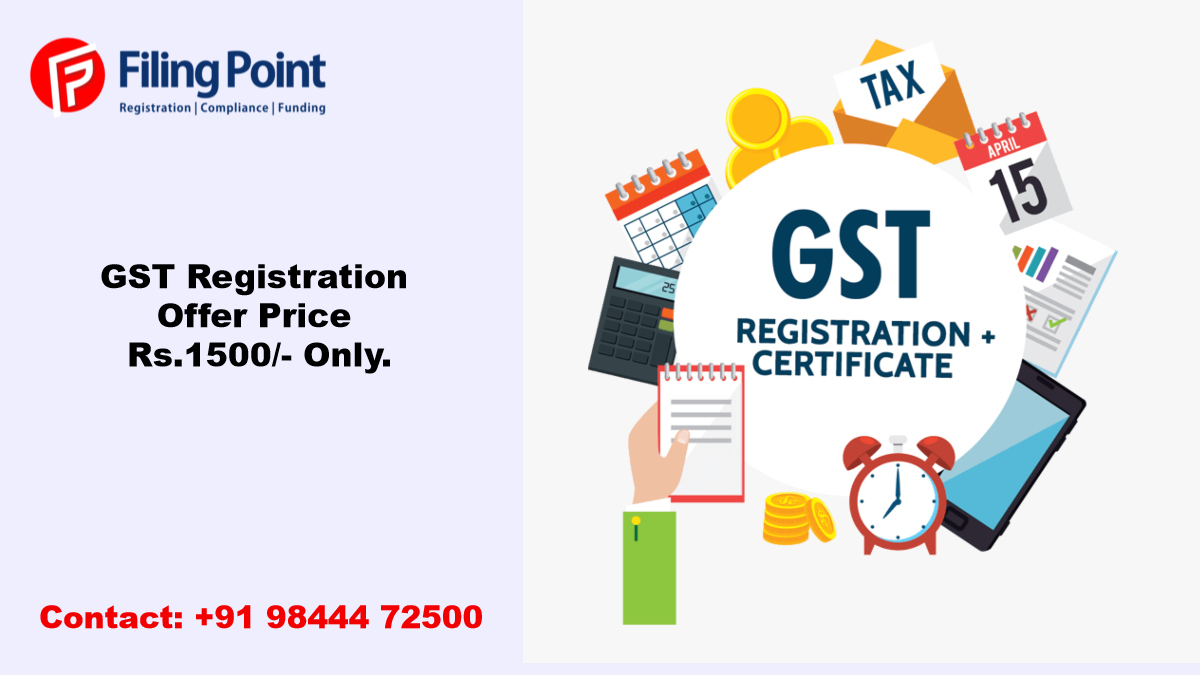Prevent Common Errors in Singapore GST Registration for Your Organization
Prevent Common Errors in Singapore GST Registration for Your Organization
Blog Article
The Ultimate Overview to Simplifying the GST Enrollment Refine and Requirements for Small Organization Owners

Understanding GST Basics
To understand the basics of the Goods and Solutions Tax (GST) system, tiny organization owners need to first recognize its underlying concepts and implications. Under the GST regimen, organizations are called for to gather and register tax on part of the government, guaranteeing transparency and conformity.
One of the key concepts of GST is input tax credit score, which enables businesses to assert credit history for tax obligations paid on their purchases. This device avoids the plunging effect of tax obligations and advertises effectiveness in the tax obligation system. Furthermore, GST is a destination-based tax obligation, meaning that the tax obligation is imposed at the point of usage as opposed to the point of beginning. This ensures fair circulation of tax profits among states based on where the services or items are taken in. Comprehending these basic principles is critical for local business owners to browse the intricacies of the GST system and ensure compliance with the legislation.
Qualification Standards for Enrollment
Having actually developed a fundamental understanding of GST concepts, local business owners must now meet particular eligibility criteria to proceed with the registration process. In India, entities took part in the supply of goods or solutions with a yearly accumulation turn over surpassing Rs. 40 lakhs (Rs. 10 lakhs for special classification states) are needed to register for GST. Additionally, certain businesses such as those involved in inter-state supply of items, informal taxed individuals, and those needed to pay tax under the reverse charge mechanism must sign up for GST regardless of their turnover. Businesses that were signed up under the previous tax program (BARREL, solution tax, etc) are additionally mandated to register under GST. Agricultural organizations that just supply generate out of main production are excluded from GST registration. It is critical for entrepreneur to carefully analyze their qualification based on these requirements to ensure conformity with the law and stay clear of any type of charges for non-compliance.
Papers Needed for GST Registration

Simplified Enrollment Process Steps
Following the collection and verification of the requisite records, the registration process for GST can be browsed via a series of simplified actions designed to assist in reliable compliance for little business owners. Upon effective confirmation, an Application Reference Number (ARN) is provided, showing the conclusion of the GST registration procedure. By complying with these simplified actions, small company owners can properly register for GST and make certain compliance with tax obligation regulations.
Tips for Ensuring Compliance
To preserve governing adherence and operational integrity, attentive oversight and proactive procedures are pivotal in making sure conformity with GST demands for tiny company owners. Little business owners have to stay upgraded with GST regulations, filing due dates, and any type of adjustments in tax obligation rates to stay clear of fines and preserve a great standing with tax obligation authorities. Going to GST awareness workshops or training programs can enhance understanding and conformity with GST guidelines, eventually benefiting the service in the long run.
Conclusion
Finally, local business owners must understand the fundamentals of GST, meet the eligibility requirements, gather necessary documents, and adhere to the streamlined registration process actions to make certain conformity. By simplifying the GST enrollment procedure and demands, little organization owners can stay clear of fines and operate their companies smoothly within the lawful framework - Singapore GST Registration. It is vital for local business proprietors to remain informed and certified with GST laws to preserve an effective company procedure
Little company proprietors looking for GST registration have to ensure they collect and submit the necessary records to complete the enrollment process successfully. The files needed for GST registration generally consist of proof you can try this out of service registration or unification, PAN (Irreversible Account Number) card of the business find out here now address, identification and entity evidence of the promoters/partners/directors, photos, address evidence of the place of service, financial institution account statements or terminated cheques, and authorization types. Participating in GST awareness workshops or training programs can improve understanding and conformity with GST policies, eventually profiting the business in the lengthy run.
By streamlining the GST registration process and demands, tiny business owners can stay clear of fines and operate their services efficiently within the lawful framework. It is important for tiny business owners to stay enlightened and certified with GST policies to preserve an effective organization operation.
Report this page